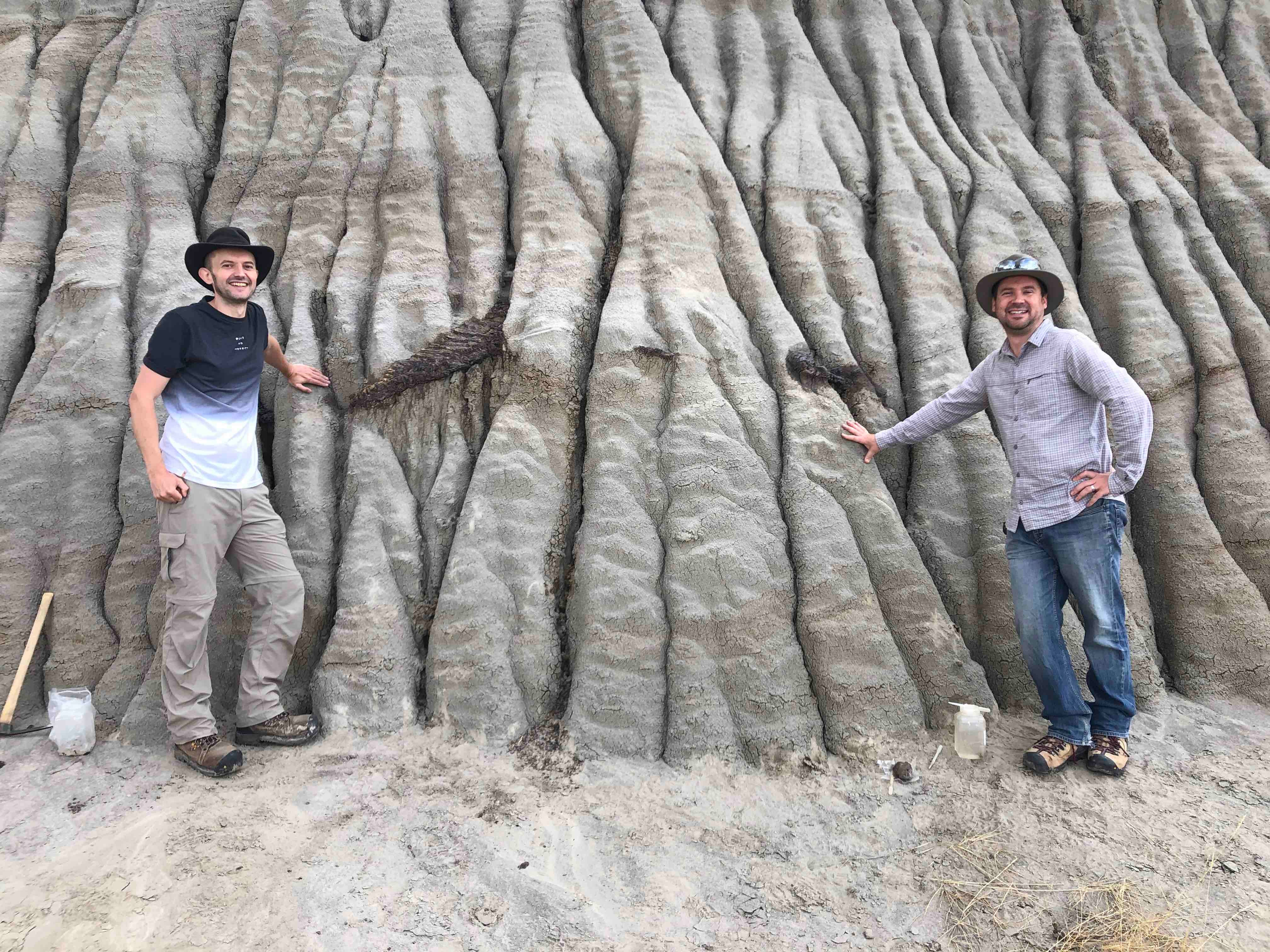Fossil could be rare complete dinosaur skeleton
The specimen is likely to provide information about what the dinosaur looked like and its anatomy.

Your support helps us to tell the story
From reproductive rights to climate change to Big Tech, The Independent is on the ground when the story is developing. Whether it's investigating the financials of Elon Musk's pro-Trump PAC or producing our latest documentary, 'The A Word', which shines a light on the American women fighting for reproductive rights, we know how important it is to parse out the facts from the messaging.
At such a critical moment in US history, we need reporters on the ground. Your donation allows us to keep sending journalists to speak to both sides of the story.
The Independent is trusted by Americans across the entire political spectrum. And unlike many other quality news outlets, we choose not to lock Americans out of our reporting and analysis with paywalls. We believe quality journalism should be available to everyone, paid for by those who can afford it.
Your support makes all the difference.A dinosaur fossil discovered in Canada could be a rare complete dinosaur skeleton, researchers say.
Complete with fossilised skin, the exposed fossil of the hadrosaur, a large, plant-eating, duck-billed species, is sticking out from a hillside in Dinosaur Provincial Park in Alberta, Canada.
While the fossil includes a large portion of the young animal’s tail and its right hind foot, it is sitting in a way that suggests the entire skeleton may be preserved within the hill.
As entire skeletons are very rare, the specimen is likely to provide information about what the dinosaur looked like and its anatomy.
The fossil was discovered during a field school scouting visit in 2021.
Dr Brian Pickles from the University of Reading was leading a search of the area when a volunteer crew member named Teri Kaskie noticed part of a fossil skeleton protruding from a hillside.
Dr Pickles said: “This is a very exciting discovery and we hope to complete the excavation over the next two field seasons.
“Based on the small size of the tail and foot, this is likely to be a juvenile.
“Although adult duck-billed dinosaurs are well represented in the fossil record, younger animals are far less common.
“This means the find could help palaeontologists to understand how hadrosaurs grew and developed.”
There may be even more preserved skin within the rock, which can give us further insight into what the hadrosaur looked like
Dr Caleb Brown, from the Royal Tyrrell Museum, said: “Hadrosaur fossils are relatively common in this part of the world but another thing that makes this find unique is the fact that large areas of the exposed skeleton are covered in fossilised skin.
“This suggests that there may be even more preserved skin within the rock, which can give us further insight into what the hadrosaur looked like.”
It may take several months to collect the entire skeleton, and once the fossil is collected it will be delivered to the Royal Tyrrell Museum’s Preparation Lab, where technicians will work to uncover the fossil.
They will determine how well-preserved it is, whether the entire skeleton is there, and how much of the skin is preserved.
Identifying the exact species of duck-billed dinosaur will only be possible if a skull is discovered.
Based on the size and preservation of the specimen, fully preparing it for research and display may take several years.
This year the first international palaeontology field school is taking place, involving academics and students from the University of Reading and the University of New England in Australia.
In collaboration with the Royal Tyrrell Museum in Canada the team is working together to excavate the skeleton while protecting the exposed fossil.